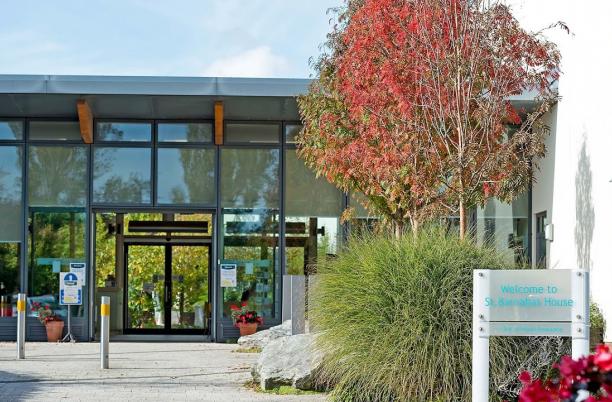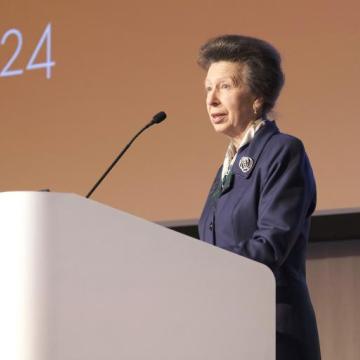
Integrated night nursing service

To meet local need, St Barnabas Hospice developed a night nursing service with the Community Trust.
Title
About this innovation example
Project and outcomes
Project overview
St Barnabas’ Hospice at Home service ran from 07:30am until 8pm daily, and patients who needed support overnight were directed to the community night nursing service. However, the increasing complexity of patients alongside the increased demand associated with more people choosing to die at home meant that the community night nursing service were not always able to meet this need.
St Barnabas approached the NHS Community Trust about working together to run an integrated night service. NHSE funding was secured via Hospice UK, which meant the two teams from the hospice and NHS Community Trust could be located in the same building. The integrated night nursing service began in April 2021.
Outcomes
The integrated night nursing service has enabled a more responsive service to a greater number of patients requiring palliative and end of life care, including specialist support overnight. This has had a positive effect on the community night nursing team, who now have more capacity for other patients. The service began during the COVID-19 pandemic, which was a time of extra need, so this was particularly important.
The hospice and community nursing staff are working together, supporting, and advising each other. This has broken down barriers and increased collaboration. The community night nursing team have improved in confidence and developed their end-of-life care skills.

“I just wanted to express my thanks to you and your team for making the most difficult thing I have had to deal with bearable. Your response over the telephone and in person have been professional and kind and I cannot thank you enough for what you did for my wife. She very much wanted to remain at home and has been able to do so with all your support.”
Carer who called the integrated night service
Facilitators, challenges and advice
Key facilitators
St Barnabas already had good links with the Community Trust, including a shared single point of access and weekly meetings with the district nursing team.
When patients come into the service, they are triaged to the hospice staff, the community nurses, or to a shared caseload. There is a clear focus on how the integrated team as a whole can utilise different skillsets to best meet patients’ needs.
Challenges
Because hospice staff are part of an integrated team, they are sometimes asked to support the community nurses with general care. The service covers a large geographical area, some of which is outside of the hospice’s usual footprint, so staff could also be required to travel outside of their catchment area (there is no equivalent 24-hour palliative and end of life care service in other areas).
The hospice acknowledges and accepts that this might happen.
Staff are trusted to decide what is reasonable on a case-by-case basis, taking into account the current caseload, the needs of each patient and making sure patients with palliative and end of life care needs are prioritised. They will consider the mileage/travel time and whether there might be faster alternatives.
For example, a community nurse might be able to get to the patient more quickly, and provide care with telephone support from the hospice team.
Tips and advice
When working in an integrated team, focus on what is best for your patients rather than who ‘owns’ what.
Get to know the other people in the team and build relationships across all levels (people on the frontline need to know each other as well as managers).
Senior managers should meet regularly – this helps them give a unified message to frontline staff and makes it easier to resolve any tensions.
Make sure you’re using a shared language and that everyone has the same understanding of terminology.
Be positive - concentrate on what you can do rather than what you can’t do. If stakeholders don’t think your offer is suitable, ask them what they think would be more helpful. This gives you a good starting point for negotiation.
Future development
The NHSE funding to pilot the project has now finished, but the hospice have decided to continue with this service as it is beneficial to the community as a whole.
St Barnabas is considering the best way to grow the Hospice at Home service, including a 24 hour package. They are also considering whether to expand the number of staff in the integrated night nursing service.

